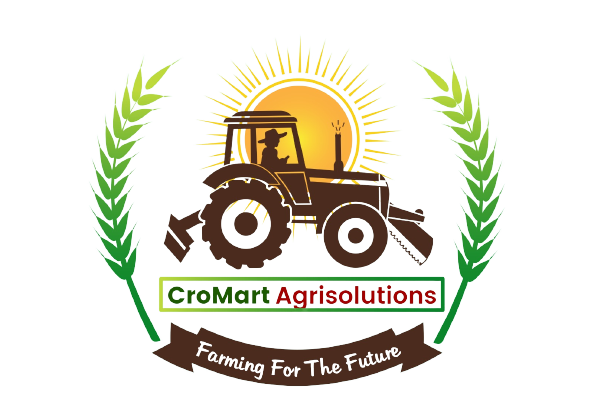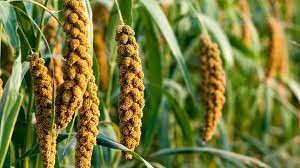Ten initiatives across five themes, with a focus on sustainable agriculture, have been submitted for the UN Climate Conference (COP28) by the International Centre for Biosaline Agriculture (ICBA), an international not-for-profit research centre with its headquarters in the UAE.
Whether we are applying research or development work, we make sure to meet our scientific objectives with all of the work we undertake. According to Tarifa Alzaabi, deputy director general of ICBA, “as part of it, we have an agenda for COP28 with 10 different initiatives, which will communicate to every theme that we have during COP28 and highlight the national and international SDGs.”
The food and agricultural organisation (FAO)’s campaign to mark the international year of millets with a policy paper and book is included in the list by ICBA that aims to ensure sustainable livelihoods and food security for everyone who lives in marginal environments.
Since it is the worldwide millets year, we have a “save the millets campaign.” The campaign that is in line with our counterfort strategy has already been launched. Millets have a very low carbon footprint in addition to being nutrient-dense in terms of protein and other minerals, according to ICBA Proposal Development Specialist Nour El Jundi.
India recommended to the UN that 2023 be proclaimed as the International Year of Millets (IYoM-2023), and it was approved during the 75th session of the United Nations General Assembly in order to spur domestic and international demand and to supply nutrient-rich food to the populace. IYM 2023 will provide an opportunity to increase public awareness of millets’ health and nutritional advantages as well as their suitability for cultivation in challenging and changing climatic circumstances.
India has been at the forefront of promoting millets consumption, even if the UAE is still having difficulty encouraging the production of millets because a shortage of rainfall is hampering agricultural activity.
Two senior officials with knowledge of the situation said that ICBA has also proposed a research training programme collaborations for organisations of Islamic Cooperation countries—using Uganda as a pilot case—a “demo agtech hub” at ICBA to showcase agri-preneur technologies, and one policy paper on the findings of the ESG Nexus with agriculture under climate change workshop co-organized with Rothamsted Research, the UK.

